Latest news
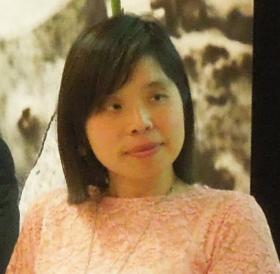
Dr Stella Chan (Clinical Psychology) has been awarded the British Psychological Society Public Engagement and Media Award for 2017.
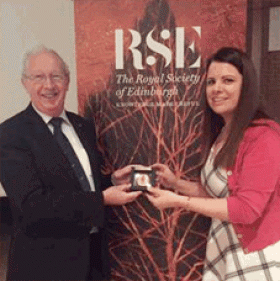
Dr Sinéad Rhodes (Centre for Clinical Brain Sciences) has been awarded the Royal Society of Edinburgh Innovator’s Public Engagement Prize 2017.

A study by Richard Chin and colleagues at the Muir Maxwell Epilepsy Centre provides insights into the long-term health impact of epilepsy in children.
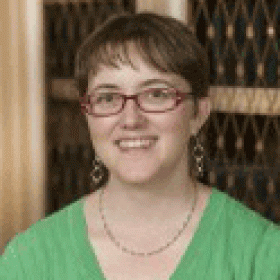
Professor Tara Spires-Jones (Centre for Discovery Brain Sciences, University of Edinburgh) features throughout the Financial Times' Seasonal Appeal Video for Alzheimer's Research UK.

Professor Seth Grant (Centre for Clinical Brain Sciences), Professor Douglas Armstrong (Informatics) and colleagues in the Centre Clincial Brain Sciences and at the Lilly Research Centre (Surrey), have analysed the molecules produced at synapses in various parts of the brain and found that varying compositions correspond to brain functions. The team found that this map can now bridge the gap between genetic studies and findings from brain imaging, shedding light on why smokers might develop a habit.
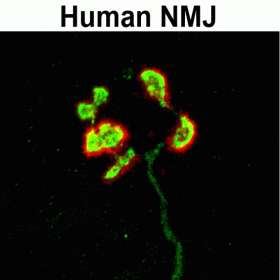
Professor Tom Gillingwater (Centre for Discovery Brain Sciences, University of Edinburgh) and colleagues, along with researchers the University of Exeter, have made fresh insights into the links between nerve and muscle cells which could transform our understanding of the human nervous system and conditions relating to impaired movement.
Researchers at the University of Edinburgh (Centre for Clinical Brain Sciences, The Roslin Institute and MRC Centre for Regenerative Medicine), in collaboration with researchers from Houston & San Fransisco, have developed a new system to study Creutzfeldt-Jakob disease (CJD) in the laboratory, paving the way for research to find treatments for the fatal brain disorder. The team have devised a method of studying the abnormal proteins responsible for the disease – called prions – in specialised brain cells grown from stem cells. The advance marks the first time scientists have been able to infect human cells with the proteins in the laboratory.

Professor Tara Spires-Jones (Centre for Discovery Brain Sciences) has co-led a study that has demonstrated the presence of phosphorylated α-synuclein at synapses, and disrupted synaptic function, in brain tissue from patients with a common form of dementia, Dementia with Lewy Bodies.
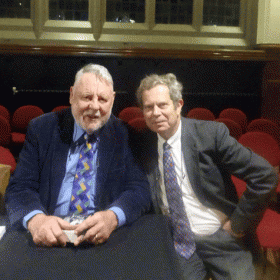
Professor Richard Morris (Centre for Discovery Brain Sciences) had the privilege of introducing Terry Waite, the former hostage held in solitary confinement for 5 years in the Lebanon, with a lecture on "Fear, Resilience and Solitude” at Leeds University on 22 November 2017. Terry Waite spoke about his experience of being a hostage. The event, in association with the Year of the Brain and with over 400 attending, was organised by the Deputy Vice Chancellor of Leeds University, Lisa Roberts, and Dr Mary Baker, former Chief Executive of the Parkinson’s Disease Society.
A team of researchers at the University of Edinburgh's Medical Research Council Centre for Regenerative Medicine (MRC CRM) have made a key discovery that could speed up the production of cells in the lab for studying diseases such as multiple sclerosis and Parkinson’s disease. It is possible that it could also help to boost supplies of cells for use in drug discovery research and could eventually aid production of cells for use as therapies.

